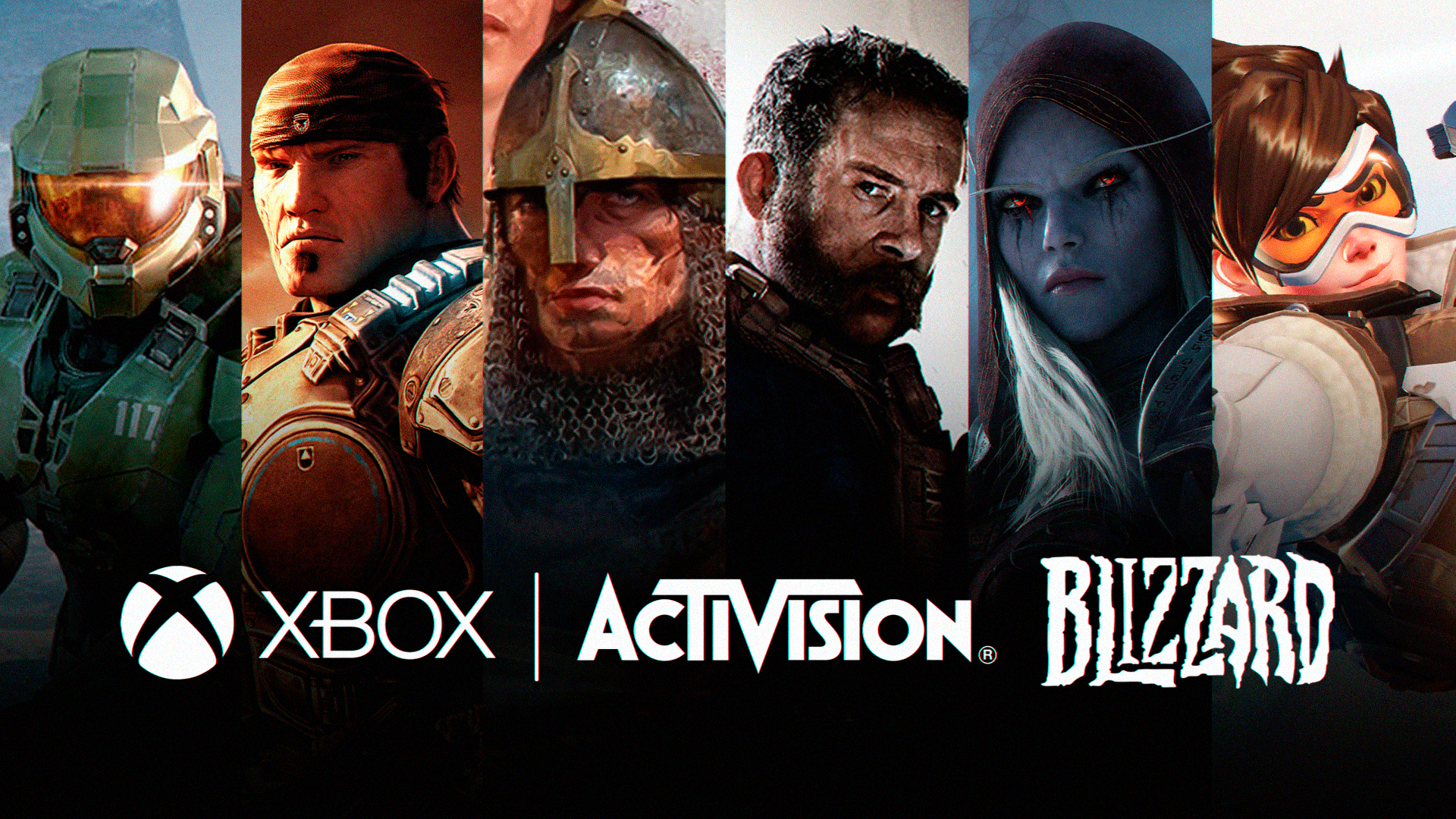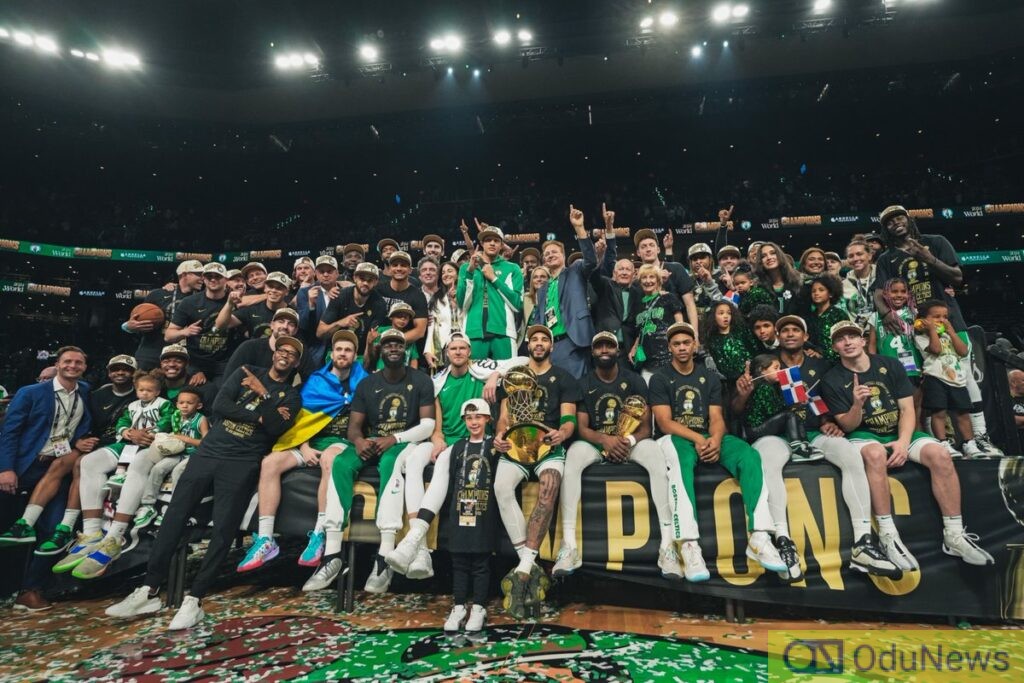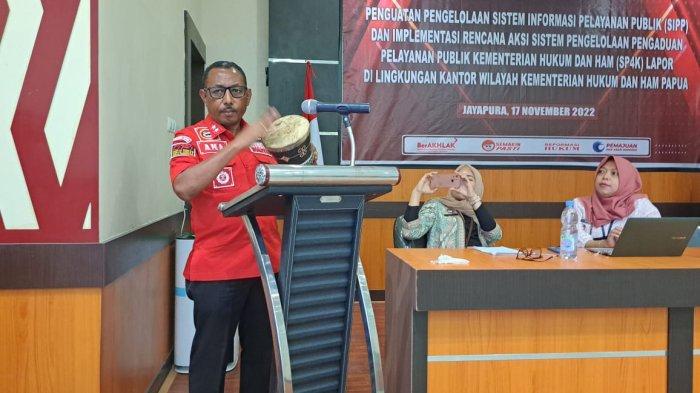FTC Appeals Activision Blizzard Deal: Implications For The Gaming Industry

Table of Contents
The FTC's Arguments Against the Merger
The FTC's core argument centers on the potential for the merger to stifle competition and harm consumers.
Concerns Regarding Competition
The FTC argues that Microsoft acquiring Activision Blizzard would give it undue control over immensely popular gaming franchises, most notably Call of Duty. This dominance, the FTC claims, could lead to several negative consequences:
- Reduced competition in the console and PC gaming markets: Microsoft's increased market share could significantly reduce competition from Sony, Nintendo, and other players. This could lead to less innovation and higher prices for consumers.
- Potential for Microsoft to make Call of Duty exclusive to Xbox, harming PlayStation players: This is a major concern, as Call of Duty is a hugely popular franchise with a massive player base across multiple platforms. Excluding it from PlayStation would significantly disadvantage Sony and its players.
- Stifling innovation due to less competitive pressure: A lack of competition can lead to less innovation in game development, features, and overall gaming experiences. The merger, the FTC argues, could create a less dynamic and innovative gaming market.
Anti-Competitive Practices
Beyond competition concerns, the FTC alleges that the merger could facilitate anti-competitive practices by Microsoft, leveraging its existing market power to further disadvantage rivals. These concerns include:
- Potential for Microsoft to leverage its cloud gaming infrastructure to limit competitors' access: Microsoft's substantial investment in cloud gaming could be used to restrict access for competitors, creating an uneven playing field.
- Concerns regarding data sharing and integration with Microsoft services: The integration of Activision Blizzard's data with Microsoft's ecosystem raises concerns about data privacy and potential competitive advantages.
- The impact on the overall competitive dynamics of the industry: The merger's impact extends beyond individual game titles. The FTC argues it could reshape the entire competitive landscape of the gaming industry, creating a less diverse and dynamic market.
Microsoft's Defense and Counterarguments
Microsoft vehemently denies the FTC's claims, arguing that the merger will ultimately benefit consumers and promote competition.
Commitment to Maintaining Competition
Microsoft's defense hinges on its commitment to maintaining Call of Duty's multiplatform availability and its investments in cloud gaming technology.
- Agreements to keep Call of Duty on PlayStation: Microsoft has publicly committed to keeping Call of Duty available on PlayStation for several years, aiming to address the FTC's concerns about exclusivity.
- Investments in cloud gaming infrastructure to benefit all developers: Microsoft argues that its investments in cloud gaming will benefit all developers, not just those within its own ecosystem.
- Claims that the merger promotes innovation through greater resources and development capabilities: Microsoft contends that the merger will lead to more innovative and higher-quality games due to increased resources and combined development expertise.
Legal Challenges and Regulatory Hurdles
Microsoft acknowledges the significant legal challenges and regulatory hurdles involved in completing the merger.
- Negotiations with regulatory bodies across the globe: The merger has faced scrutiny from regulatory bodies worldwide, requiring extensive negotiations and concessions.
- The legal battles faced in different jurisdictions: Microsoft has engaged in legal battles in multiple jurisdictions to secure regulatory approvals.
- The uncertainties inherent in merger approvals: The entire process highlights the inherent uncertainties and complexities associated with large-scale mergers in the highly regulated technology sector.
Broader Implications for the Gaming Industry M&A Landscape
The FTC's appeal has significant implications that extend far beyond the Microsoft-Activision Blizzard deal.
Setting Precedents for Future Deals
The outcome of this appeal will set a crucial precedent for future mergers and acquisitions within the gaming industry.
- Increased scrutiny of future gaming mergers: Expect increased scrutiny from regulatory bodies on future mergers and acquisitions in the gaming industry.
- Higher regulatory barriers to entry for large-scale acquisitions: The FTC's actions may lead to higher regulatory barriers and more stringent approval processes for future large-scale acquisitions.
- Greater uncertainty for companies considering mergers and acquisitions: Companies considering mergers and acquisitions will face greater uncertainty and potential delays due to increased regulatory scrutiny.
Impact on Game Development and Publishing
The legal battle's impact extends to game development and publishing strategies.
- Potential for increased development costs and regulations: Increased regulatory scrutiny could lead to higher development costs and more complex regulatory compliance procedures.
- Uncertainty regarding future partnerships and collaborations: The uncertainty surrounding merger approvals could affect future partnerships and collaborations within the industry.
- Impact on the overall investment climate in the gaming sector: The ongoing legal battle and its outcome will influence the overall investment climate and risk perception within the gaming sector.
Conclusion
The FTC's appeal of the Microsoft-Activision Blizzard deal is a watershed moment for the gaming industry. The outcome will shape future acquisitions, influencing competition, innovation, and the landscape of game development and publishing. Understanding the implications of this appeal is crucial for anyone invested in the future of gaming. Stay informed on the latest developments regarding the FTC's appeal of the Activision Blizzard deal and its impact on the gaming industry. The future of gaming M&A hinges on the resolution of this landmark case.

Featured Posts
-
 Amazon Poll Jeff Bezos Asks Fans To Choose The Next James Bond
May 12, 2025
Amazon Poll Jeff Bezos Asks Fans To Choose The Next James Bond
May 12, 2025 -
 2024 Senior Calendar Exciting Trips And Activities
May 12, 2025
2024 Senior Calendar Exciting Trips And Activities
May 12, 2025 -
 Bayern Muenchen Celebrand Cariera Lui Thomas Mueller
May 12, 2025
Bayern Muenchen Celebrand Cariera Lui Thomas Mueller
May 12, 2025 -
 Blowout Win Celtics Clinch Division Title
May 12, 2025
Blowout Win Celtics Clinch Division Title
May 12, 2025 -
 Five Indian Soldiers Killed In India Pakistan Border Clash
May 12, 2025
Five Indian Soldiers Killed In India Pakistan Border Clash
May 12, 2025
Latest Posts
-
 Serie A Pliris Odigos Metadoseon Agonon
May 13, 2025
Serie A Pliris Odigos Metadoseon Agonon
May 13, 2025 -
 Poy Na Deite Live Streaming Serie A O Kalyteros Odigos
May 13, 2025
Poy Na Deite Live Streaming Serie A O Kalyteros Odigos
May 13, 2025 -
 Anthonius Ayorbaba Masyarakat Papua Ayo Dukung Persipura
May 13, 2025
Anthonius Ayorbaba Masyarakat Papua Ayo Dukung Persipura
May 13, 2025 -
 Athlitikes Metadoseis Serie A Odigos Gia Toys Agones
May 13, 2025
Athlitikes Metadoseis Serie A Odigos Gia Toys Agones
May 13, 2025 -
 Persipura Butuh Dukungan Anda Himbauan Kakanwil Papua Anthonius Ayorbaba
May 13, 2025
Persipura Butuh Dukungan Anda Himbauan Kakanwil Papua Anthonius Ayorbaba
May 13, 2025
